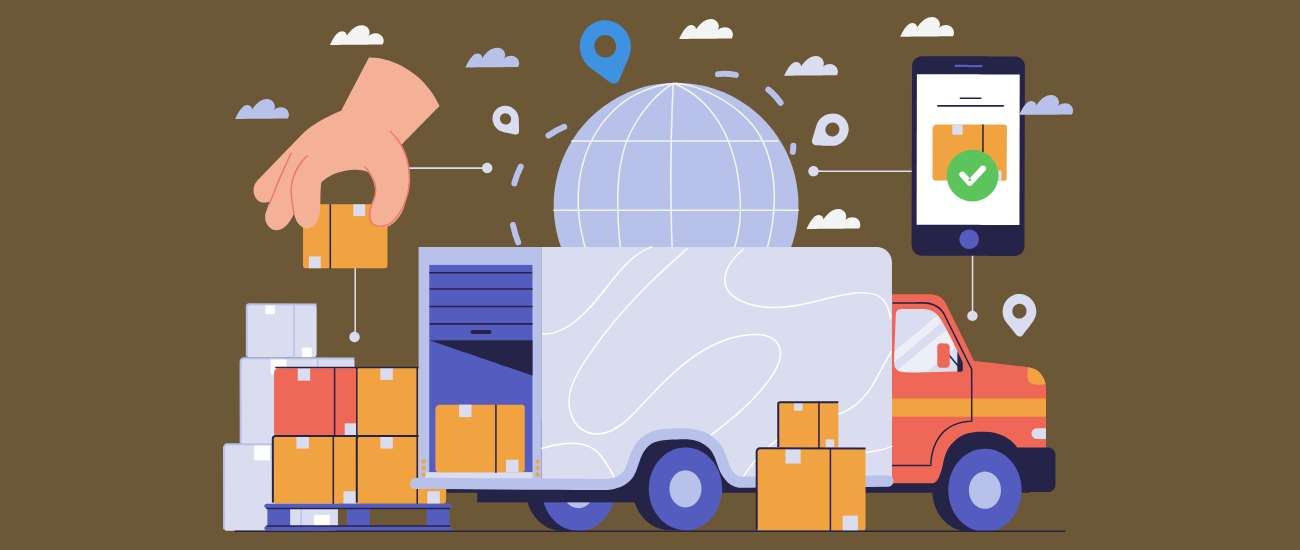In-House vs Outsourcing for App Development: Which One Is Better?

As businesses seek to capitalize on the growing demand for mobile applications, a critical decision arises: whether to develop the app in-house or outsource the development process. This article aims to provide insights and guidance to help you determine which approach is better suited for your specific needs and circumstances.
In-House App Development
Full Control and Alignment
One of the key advantages of in-house app development is the level of control and alignment it offers. With an in-house team, you have direct oversight of the development process, enabling you to maintain control over every aspect, from design to functionality. This level of control ensures that the app aligns precisely with your vision, business objectives, and brand identity. In-house teams can work closely with other departments within the organization, facilitating seamless integration and collaboration.
Efficient Communication and Collaboration
In-house app development teams benefit from direct communication and collaboration channels within the organization. Developers can easily interact with stakeholders, product managers, designers, and other team members, fostering a collaborative environment. This close collaboration facilitates real-time feedback, quicker decision-making, and efficient problem-solving. Furthermore, in-house teams have a deeper understanding of the organization’s culture, processes, and business goals, which can lead to more effective app development and faster time-to-market.
Enhanced Security and Intellectual Property Protection
For companies handling sensitive data or requiring strict control over intellectual property, in-house app development provides an additional layer of security. Internal development teams can implement robust security measures, ensuring data privacy and protecting proprietary information. With in-house development, you have more control over access rights, security protocols, and compliance requirements, reducing the risk of data breaches or unauthorized access.
Outsourced App Development
Access to Specialized Skills and Expertise
Outsourcing app development provides access to a vast pool of specialized skills and expertise. By partnering with a reputable app development agency or freelancers, you can leverage their experience and knowledge in various domains, such as design, development, quality assurance, and project management. This access to a diverse talent pool allows you to tap into the latest industry trends, technologies, and best practices without investing in continuous training or expanding your in-house team.
Cost Savings and Scalability
Outsourcing app development can be a cost-effective solution, especially for businesses with budget constraints or uncertain project scopes. By outsourcing, you can save on upfront investments in infrastructure, equipment, and hiring and training additional staff. Development agencies often offer flexible pricing models, allowing you to choose the most suitable option, such as fixed-price contracts or hourly rates. Furthermore, outsourcing enables scalability, as you can easily ramp up or down the development resources based on project requirements, without the long-term commitment of maintaining an in-house team.
Faster Time-to-Market
Outsourced app development can expedite the time-to-market for your application. Development agencies are experienced in delivering projects within specific timeframes, and they have established processes and workflows in place. With a dedicated team focused solely on your project, you can expect accelerated development cycles, efficient resource allocation, and faster iterations. This speed can be especially beneficial in highly competitive markets where early entry is crucial for capturing market share and gaining a competitive advantage.
Risk Mitigation and Support
Outsourcing app development can mitigate certain risks associated with development projects. Reputable development agencies have proven track records and portfolios, giving you confidence in their ability to deliver high-quality results. Additionally, many agencies provide ongoing support and maintenance services, ensuring that your app remains functional, secure, and up-to-date even after the initial development phase. This support can free up your internal resources, allowing them to focus on other strategic initiatives.
Conclusion: It Depends on Your Needs
In conclusion, the decision between in-house and outsourced app development depends on various factors, including your business goals, available resources, project scope, and timeline. In-house development offers full control, efficient communication, and enhanced security but requires substantial investments and ongoing maintenance. On the other hand, outsourcing provides access to specialized skills, cost savings, faster time-to-market, and risk mitigation, but it requires effective vendor selection and management.
Ultimately, it is crucial to assess your specific requirements and evaluate the pros and cons of each approach before making a decision. In some cases, a hybrid model that combines in-house and outsourced development may be the optimal solution. Whichever option you choose, proper planning, clear communication, and effective project management are key to successful app development.
Blogs
Explore the Latest Blogs on Trends and Technology.


